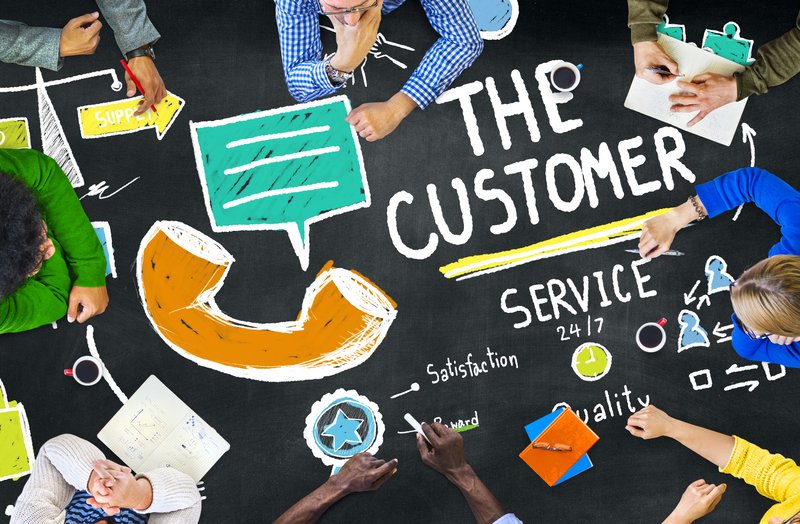Change in the public sector
The public sector is in a state of transformation, which includes how the organisations and their staff view their roles: instead of clinging to past practices of mainly ‘monitoring’, responding to requirements or administrating processes, today’s public sector has to rethink its activities from the client’s perspective. Understanding clients and adopting a service-centric approach are the benchmarks in the cultural change process of the public institution with some 5,000 employees described below.
A keen look at the organisation’s staff and the way they work together raised some key questions: what kind of culture do we want to ‘live’ in the future? And how can we achieve it? Plus: where are we today? These questions were to be answered from within the organisation during this roughly two-year project. At the same time, a framework was to be defined for how the organisation would act in the future in line with a changed view of citizens as clients and the complexity of the new working world.
Modern organisations drive change through deliberate leadership, strategic HR development and an effective dialogue about diverse communication formats. These variables provide impetus to further development and future-proofing in the cultural transformation process described here as well.
Tools used
- Diagnosis of the organisation's culture and creation of a change-architecture with an HR development concept.
- Development of a target culture based on the strategic action fields.
- Derivation of leadership principles in a participatory process.
- Coaching and counselling of key personnel in the transformation process.
- Development and implementation of a skills model.
- Internal cultural multipliers as change agents.
- Development of a precisely tailored learning & development portfolio.
- Establishment of a structured talent management process.
- Attractive opportunities for talents (cross-mentoring programme, forward-thinking workshops, etc.).
- Implementation of established HR development formats in corresponding IT processes.





